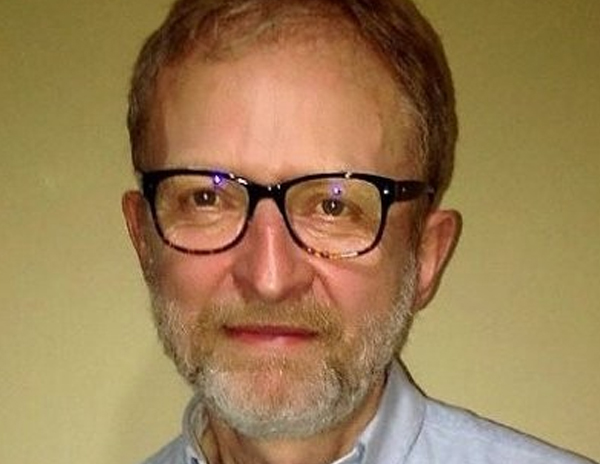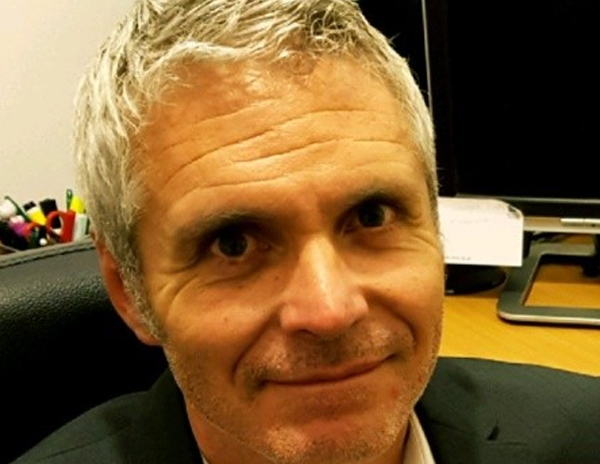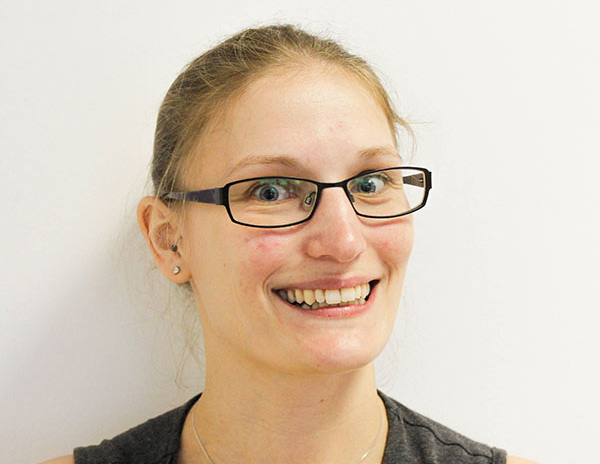Educational psychology involves applying psychological theories, strategies and techniques to support children and young people academically and emotionally; encouraging and facilitating positive changes within children and young people using a holistic approach.
Educational psychology is concerned with children and young people in educational and early years settings. Educational psychologists tackle challenges such as learning difficulties, social and emotional problems, issues around disability as well as more complex developmental disorders. They work in a variety of ways including observations, interviews and assessments and offer consultation, advice and support to teachers, parents, the wider community as well as the young people concerned. They research innovative ways of helping vulnerable young people and often train teachers, learning support assistants and others working with children.
British Psychological Society
Educational Psychology is the application of psychological theory, research and techniques to support children, young people, their families and schools to promote the emotional and social wellbeing of young people. Educational Psychologists also support those with learning difficulties to achieve their full potential through the use of assessment, monitoring and evaluation.
Educational psychologists work with children and young people usually between 0-19 years of age experiencing difficulties. For example, to promote learning, develop emotional, social and behavioural skills and support psychological development. They work mainly in consultation with parents, teachers, social workers, doctors, education officers and other people involved in the education and care of children and young people.
Association of Educational Psychologists
Our educational psychology services are provided by HCPC registered educational psychologists, and supervised assistant psychologists.
EHP is registered with all major professional memberships.
We offer a broad range of educational psychology services for all levels of need within education settings. Our educational psychology services include assessments, interventions, consultations and training.
Our educational psychologists carry out assessments in order to identify needs which means that the specific assessments carried out varies according to the child or young person. In accordance to the SEND code of practice (2015) our educational psychologists carry out assessments for the four main areas of need:
In addition to the above assessments for children and young people, our psychologists also carry out assessments of the education environment and screening assessments of need within a group.
Our educational psychologists carry out needs based assessments to support education settings in the Education, Health and Care plans process. Having educational psychologists input in an EHC plan is a statutory requirement as outlined in the SEND code of practice (2015).
The local authority must gather advice from relevant professionals about the child or young person's education, health and care needs, desired outcomes and special educational, health and care provision that may be required to meet identified needs and achieve desired outcomes.
In seeking advice and information, the local authority should consider with professionals what advice they can contribute to ensure the assessment covers all the relevant education, health and care needs of the child or young person. Advice and information must be sought as follows:
Psychological advice and information from an educational psychologist who should normally be employed or commissioned by the local authority. The educational psychologist should consult any other psychologists known to be involved with the child or young person
SEND code of practice (2015)
Our educational psychology team provide interventions and groups to address the needs present within an education setting or a group of children and young people. Our interventions and groups are tailored to the needs and circumstances present. Interventions and groups may be designed by our team and then delivered by a member of staff within an education setting following instructional training. The four main areas of need identified in the SEND code of practice (2015) can be addressed through our interventions and groups.
Our specialist multidisciplinary services can be commissioned through a service level agreement and as standalone input.
We offer training in relation to the areas of need identified by the SEND code of practice (2015):
Within these areas we are able to provide bespoke training, which may be related to a specific condition, a group of challenges, general special educational needs and disabilities (SEND) or psychological strategies. If you would like to use our educational psychology team for training within an education setting then please get in touch.
A whole school approach is important when implementing sustainable changes which is why our educational psychologists provide whole school work. Examples of whole school approaches we offer include:
Taking a whole school approach based in educational psychology is a cost effective way to implement positive and long-lasting changes within education settings to maximise potential.
Our specialist services can be accessed by education, health and other professions working with children and young people.
EHP's educational psychology service works with children and young people who have barriers to learning or require support with their social and emotional wellbeing.
We work with all children and young people who would benefit from our input which is why we have an open referral policy. Providing early needs identification and intervention reduces the impact of additional needs on a child or young person's life.
Educational psychology can be used to support many areas of development, learning and emotional wellbeing. Our educational psychology team provide a broad range of services to identify and address needs within education settings. Facilitating positive change enables children and young people to maximise their potential.
Our services can be funded through a variety of ways.



Specialising in the mental health of young people, a child psychologist may provide help and support to those experiencing difficulties. A CAMHS team will include a child psychologist, but it may also be possible for schools to use the services of a local authority educational psychologist or to commission one directly themselves, depending on local arrangements.
Mental health and behaviour in schools, 2016
If you would like to find out more about the services we offer or to book a free initial discussion then please contact us on email office@ehp.org.uk
EHP © Copyright 2026. ALL Rights Reserved.
Part of Tx Group

At EHP we thrive on feedback. We're happy to hear that this page has been helpful to you, would you like to leave some feedback?
At EHP we thrive on feedback. We're sorry to hear that this page wasn't what you where looking for, how can we improve this service?
At EHP we thrive on feedback. We're sorry to hear that there was something on the page you found unsatisfactory, how can we improve this?




